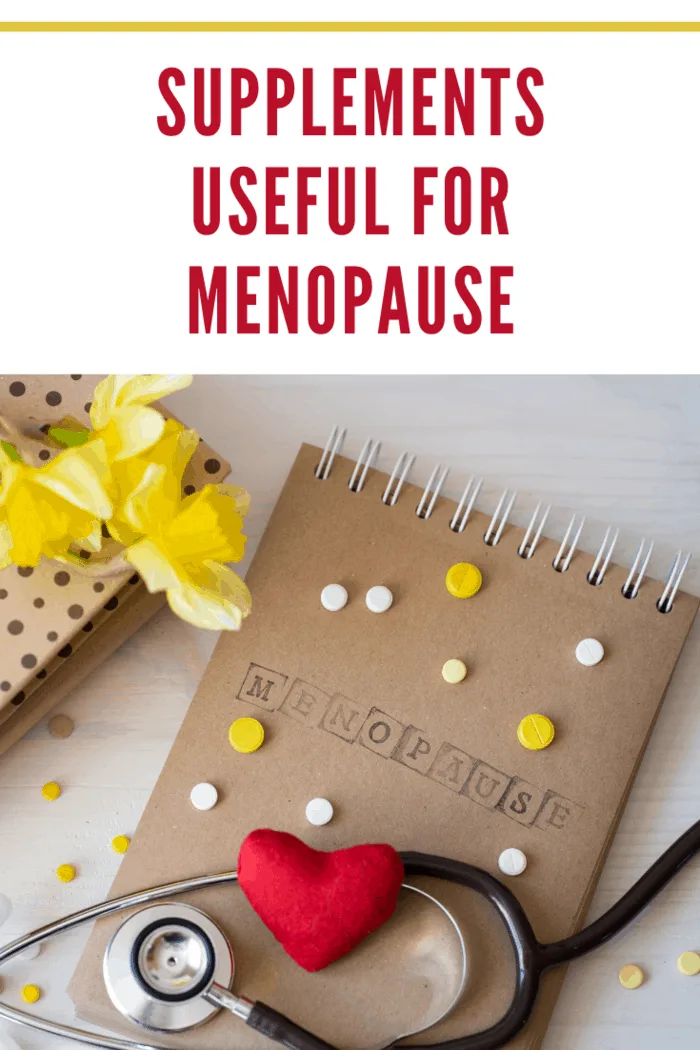The average age for menopause is different for different races and ethnic groups, but we can safely assume it to be between 48-55 years of age. Your genes do matter, and it is generally a good idea to study menopausal patterns within the family to get an idea of what lies in store for you. Menopause is the end of the fertile age bracket for women. It brings many hormonal upheavals, significantly declining estrogen levels determining bone and heart health, and other body changes. Estrogen also determines how your body stores fat and may lead to belly fat deposits, lower metabolism, and insulin resistance.
Physical activity and healthy eating are essential in maintaining post-menopausal health and may mitigate the symptoms that accompany menopause. It is a good idea to watch your diet and add soluble fiber, whole grains, fruit, and vegetables while cutting down on fatty foods. Regular exercise is also integral to regulating weight and wellness as a whole. The judicious use of supplements may go a long way in helping you cope with menopause. This post tries to evaluate which supplements are helpful for menopausal women. You must use supplements of any kind only after discussing them with your doctor, as it might interfere with prescription medications.

Omega 3 fatty acids
These fatty acids may help in decreasing insulin resistance and promote hormonal balance.
They boost the metabolism and help you maintain a healthy weight.
The supplement can be useful as it is rich in antioxidants and reduces free radical damage.
Magnesium
Magnesium can be a game-changer in menopausal women.
The mineral taken in the proper dosage can relieve hot flashes, sleep disturbances, and anxiety.
Most women see improvement in these issues that are common in menopause.
Magnesium supplements may also help improve heart health and bone density and regulate blood pressure.
Avocado, legumes, dark green leafy vegetables, dark chocolate, tofu, and fatty fish, amongst others, can be good sources of magnesium.
Vitamin A
Prescribed doses of Vitamin A can benefit vision, skin, and immunity in menopausal women.
It is a fat-soluble vitamin, and overdose can be toxic. You can get healthy amounts of Vitamin A from dairy products, liver, and orange and deep green colored vegetables and fruits.
Vitamin B6 and B12
The entire gamut of B Vitamins is beneficial to menopausal women, but B6 and B12 are the crucial ones.
B6 can improve depressive tendencies and increase the ’happy hormone serotonin.
It may also mitigate hot flashes.
The Vitamins boost energy, improve heart and nerve health, and protect the brain and eyes.
It is easy to overdose on B6 and sustains nerve damage, so always consult your medical practitioner.
Vitamin K
Bone health is of vital importance in the menopausal years, and osteoporosis can prove to be debilitating.
Vitamin K supplements can reduce the risk of fractures by half.
It is important to check with your doctor if you can take this supplement, especially if you take anticoagulants and vitamin K promotes blood clotting.
Leafy greens, cruciferous vegetables, eggs, and dairy products are rich sources of this superfood.
When taken with Vitamin D and a healthy dose of sunshine Vitamin K becomes more effective.
Vitamin C
Vitamin C is beneficial for every age, especially when menopausal.
It is a powerful antioxidant and boosts your immune system.
Some studies show that optimal Vitamin C doses also help maintain bone density.
Have plenty of citrus fruits, berries, tomatoes, greens, and potatoes to boost this Vitamin level in your body.
Probiotics
Menopause can be brutal on intestinal health. The microbes that keep your gut health can be restored to total efficiency with probiotics. Menopausal women face issues with flatulence, bloating, and indigestion. Good digestive health is the basis of overall good health, as you benefit from a healthy diet only if you can digest it optimally. Probiotics also support vaginal health. Probiotics like yogurt can be helpful, but supplemental probiotics are recommended for good digestive health during these years. Do take your Doctor’s permission before you start the supplement.
Calcium and Vitamin D
Bones become porous and weak as you age, and the dwindling estrogen levels during menopause can be devastating for bone health. Calcium is an important supplement that maintains bone health and can resist the onset of osteoporosis, especially in the perimenopausal years. Vitamin D helps in calcium absorption. It is important to take recommended doses of both supplements to have an active life in your golden years. Exposure to sunlight is also integral to good bone health.
Turmeric
The new kid on the block, Curcumin, has anti-inflammatory properties. Inflammation is the root of most diseases. Turmeric contains healthy amounts of Curcumin and can boost heart health and mitigate depression. The supplement may help ward off Diabetes in pre-diabetic women, as hormonal changes in menopausal women can be a precursor to diabetes. Curcumin has also been found to be helpful for general health-boosting properties and improving immunity levels. You may use healthy amounts of turmeric in food, like lattes, and supplements to stay healthy.
Conclusion
During the premenopausal and menopausal years, supplements may be the source of good heart, bone, and gut health. It is important to get as many nutrients from a healthy diet as possible. If your diet is deficient in any nutrients required for optimal health, you may ask your medical practitioner for adequate supplements.
Do note that a supplement will not help with menopause symptoms or boost post-menopausal health. You need to rethink your lifestyle to gain maximum benefits during these years. A good diet, along with regular exercise, reduced stress, and other activities like meditation and yoga, can be the best way to get the best out of these years. Every woman has to go through this phase, but supplements may be the answer to making them as painless and comfortable as possible.
